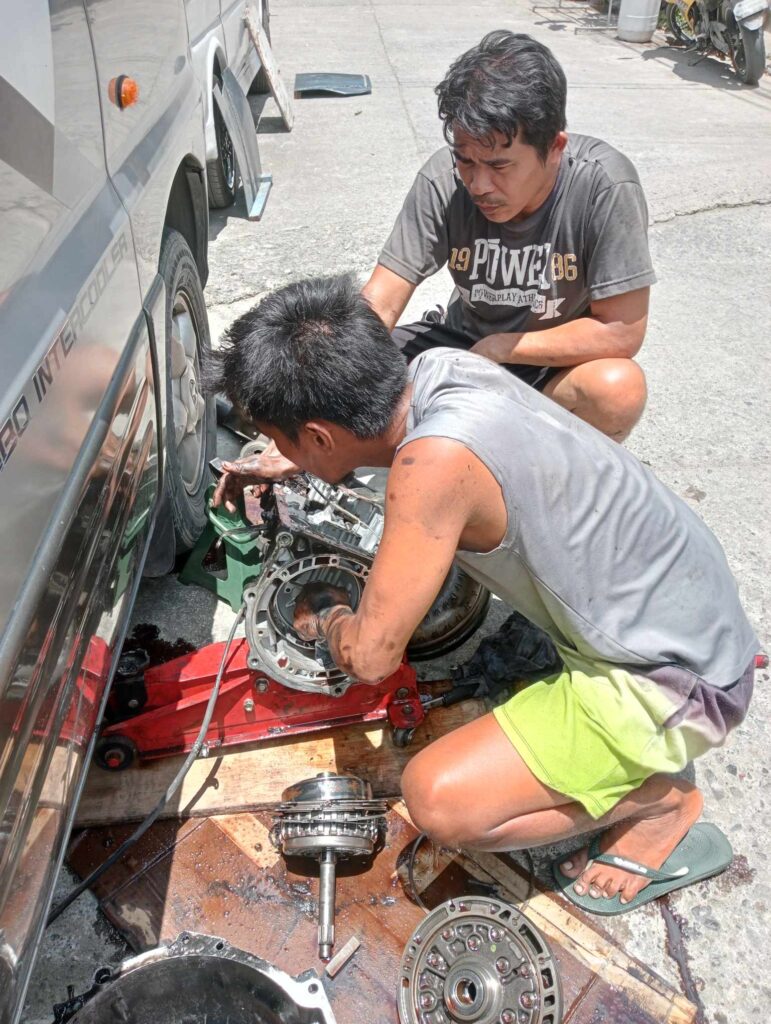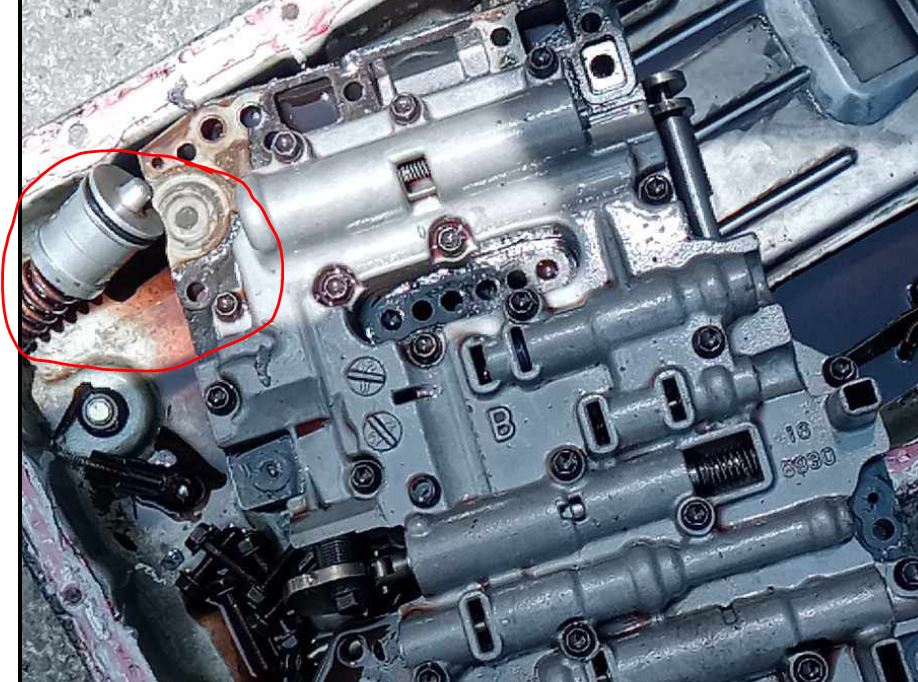Experiencing a shift shock during reverse in a vehicle can be a sign of an underlying issue. Several potential causes could result in this problem. Here are a few common ones:
- Transmission issues: A worn-out or damaged transmission can cause abrupt shifts, including when shifting into reverse. Problems like low transmission fluid, faulty solenoids, or damaged gears can contribute to a harsh reverse shift.
- Transmission fluid: Insufficient or contaminated transmission fluid can affect the smooth operation of the transmission, leading to rough shifts. It is important to check the fluid level and condition regularly.
- Clutch problems (manual transmission): If you have a manual transmission vehicle, a worn-out clutch or improper clutch adjustment can cause a jerky reverse shift.
- Torque converter problems: The torque converter is responsible for transferring power from the engine to the transmission. Issues like a faulty torque converter clutch or a damaged one-way clutch can result in a harsh reverse shift.
- Engine mounts: Damaged or worn-out engine mounts can cause excessive engine movement, leading to a sudden jolt when shifting into reverse.
- Driveline issues: Problems with the driveshaft, universal joints, or rear axle can cause irregular movement and result in a shift shock during reverse.

If you are experiencing this problem with your vehicle, it is advisable to have it inspected by a qualified mechanic. They will be able to diagnose the specific cause and recommend the necessary repairs or adjustments to resolve the issue.




